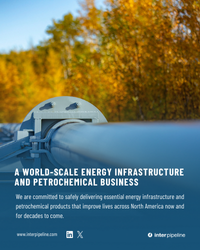Among the many challenges facing the energy transition, one is particularly ominous: a lot of stuff will need to be produced, fabricated, and constructed to replace the hydrocarbon-based energy network that runs the world today. We’re talking wind turbines, solar arrays, energy storage batteries, electric vehicles, and all of the other infrastructure and components that will be needed to make the energy transition happen. Not only will all this stuff require a lot of concrete and steel, it also will demand huge quantities of specialty metals and minerals such as lithium, copper, chromium, neodymium, etc. It’s a fact that a decarbonized energy network is much more material intensive — that is, it takes a lot more total investment in minerals, metals, and construction materials to produce the same energy as comes from hydrocarbons. Further complicating things, the increased material needs will be front-end loaded. In today’s RBN blog, we discuss the materials-related challenges facing the energy transition.
One debate about the energy transition is settled. It’s happening. Governments everywhere are directing enormous amounts of money at green programs. Companies across the economic spectrum are making the shift to green, from Ford with its F-150 Lightning to Coca-Cola and Microsoft committing to net-zero emissions targets at some future date. And, it bears noting, in the immediate days following Russia’s invasion of Ukraine, the European Commission president announced: “We are doubling down on renewables. This will increase Europe’s strategic independence on energy.” (A strategy also echoed by the Biden administration.)
What’s not settled yet is how long it’s going to take, how disruptive it is going to be, and above all, how much it is going to cost. Over the past year, the natural gas crisis in Europe and other energy market developments have shown that the transition is unlikely to be smooth or trouble-free. Furthermore, there is more than a pretty good chance that it’s going to take far longer than many hope, and cost far more than most pundits and policy makers would have us believe.
Join Backstage Pass to Read Full Article











